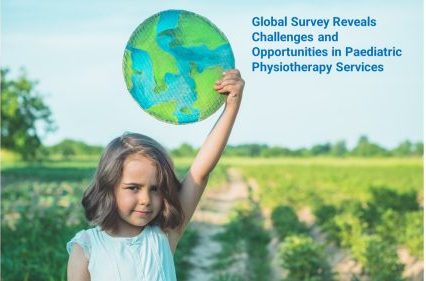In an international study, the strengths, weaknesses, opportunities, and threats (SWOT) of paediatric physiotherapy (PT) services have been unveiled. The study, conducted through a cross-sectional survey, engaged physiotherapists (PTs) from around the world, shedding light on the diverse landscape of paediatric PT.
A total of 47 PTs hailing from 47 countries participated in the survey, providing a comprehensive overview of the global scenario. Astonishingly, 36% of respondents reported that free access to PT services was available to all children in their respective countries. However, 34% highlighted the necessity of a referral for accessing these crucial services.
The survey identified several barriers to access, including the lack of direct access, insufficient specialized PT, and challenges related to finances and geography. These barriers pose significant challenges in delivering high-quality paediatric PT services globally.
A SWOT analysis revealed access as one of the prominent themes, alongside education, quality of PT approaches, PT practices, communication and cooperation, teamwork, government policies, resource availability, and the attitudes of PTs. Despite variations in service delivery and access across countries, common threads were found, influencing PT practices universally.
The findings emphasize the need for concerted efforts to optimize the initial training and professional development of PTs in paediatrics. Additionally, the study advocates for increased access to services for all children, addressing financial and geographical barriers. The call for sustainable and well-coordinated models of care, built on best practices, echoes through the results, urging global attention to paediatric PT.
As the world grapples with diverse challenges in healthcare, this study serves as a valuable resource for shaping the future of paediatric physiotherapy. The identified opportunities pave the way for PTs working with children to advocate for inclusive and effective models of care, ensuring that every child has access to the high-quality physiotherapy services they deserve.
Other relevant articles:
Reference

